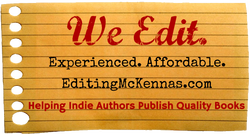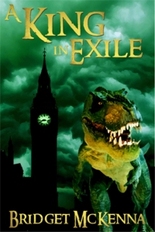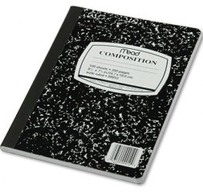
The books I wrote at age nine were nothing more or less than plagiarism, though of course I didn't know that word. If I loved a movie or a book enough, I’d write my own version of it in my notebook, complete with illustrations. I still enjoy the odd chuckle at that earnest little girl who wrote so awfully, but what set her apart from most kids her age was that she wrote anything at all. My schools did not, that I recall, put particular emphasis on storytelling as a skill. I don’t recall ever being tasked with writing a story; I did it because I had to, and because I loved the feeling of the pencil on the pulp paper, and words emerging from the end of it. Later I switched to a pen, but the magic was undiminished.
A number of experts on this and that—Daniel Levitin (This is Your Brain on Music) and Malcom Gladwell (Outliers) being only two—have written that something around ten thousand hours of practicing one’s craft are necessary for mastery. This presupposes mastery as a destination, but my objections to that are for another day.
Certainly the Beatles’ hundreds of eight-hour sets in Hamburg made them one of the tightest bands around, and picking up tennis rackets at age three was as good a way to produce a Venus and Serena Williams as any I can imagine.
So there I was, at the beginning of a long and amazing road with a pencil and a comp book. It wasn’t long before people started noticing that I wrote, and somewhat more competently than many of my childhood peers. At the tender age of 13 I was encouraged by a school counselor to plan for obtaining a journalism scholarship that had recently been established at a nearby university. I replied politely that I would, but inside I was digging in my heels at teachers and counselors planning my future for me. Who were they to be telling me what I was going to be?
The heel-dragging continued until I was about thirty. One day I heard myself writing narrative inside my head, and decided that must mean I was a writer. In later years I discovered that humans have a species-wide affinity for narrative, and in fact everyone tells themselves stories, though many may not have conscious awareness of it. I’m glad I had no inkling of this on that brilliant afternoon when, having identified myself as a writer, I drove to the nearest library and borrowed some books on the subject, ready to begin a new adventure.
Before a year was out I had made my first two fiction sales and shredded reams of utter crap along the way. One particularly malodorous story was back in my mailbox with rejection note attached before it could plausibly have arrived on the editor’s desk, two thousand miles away. My theory about this is that really, really bad stories can travel in time. Other lost works from that time were perhaps not quite time-travel bad, but never found a home. Eventually, I was able to sell most of what I wrote.
My point is, I suppose, that anything worth doing is worth doing over and over again, and getting better at.
The self-publishing option wasn’t a viable one in those days, so I wrote and sent out and received back and sent out again. The virtue in this, if there is one, is that I got better. That doesn’t mean that today’s new writers who may choose to publish works that have never received a rejection will not also get better; if they care about their craft, and work at it, they almost certainly will. Some of them will put me to shame with the quality of their writing and storytelling. They may not do so with their first attempts, but writing will eventually make a writer, not necessarily in ten thousand hours, but not in ten or a hundred, either.
If you’re new at the game--whatever that game may be, keep at it. If you’re an old hand with a long string of successes, KEEP AT IT.
Keep at it.
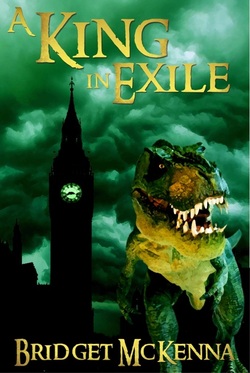
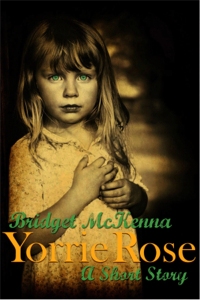
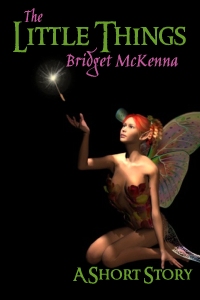
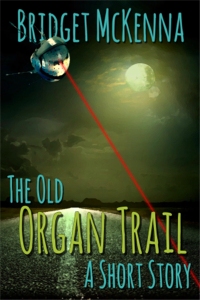

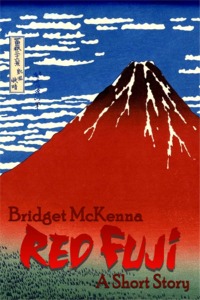

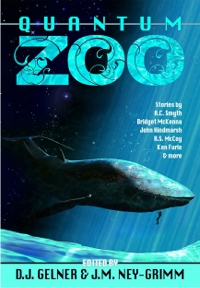


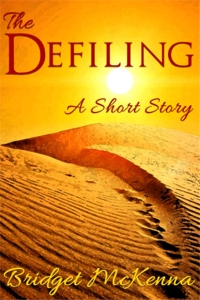

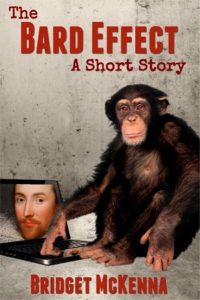
 RSS Feed
RSS Feed

